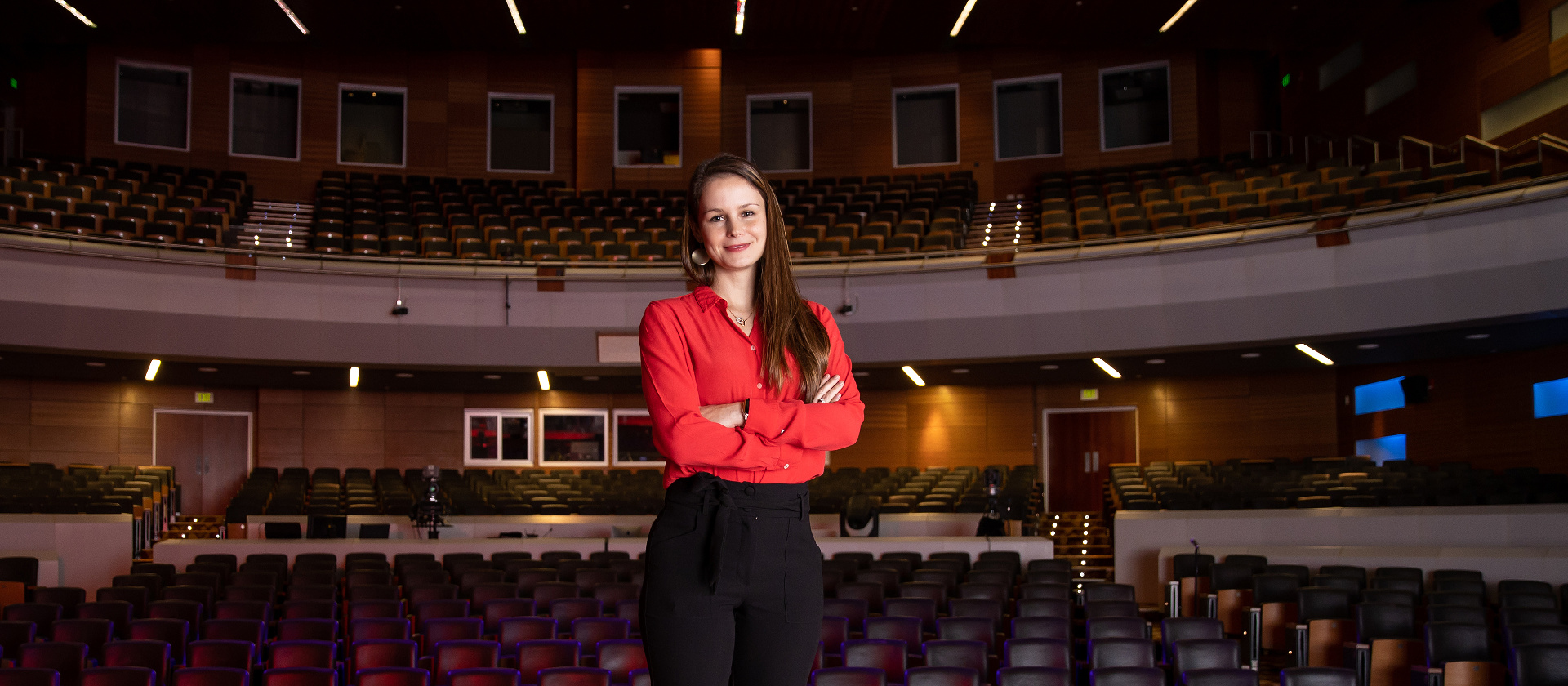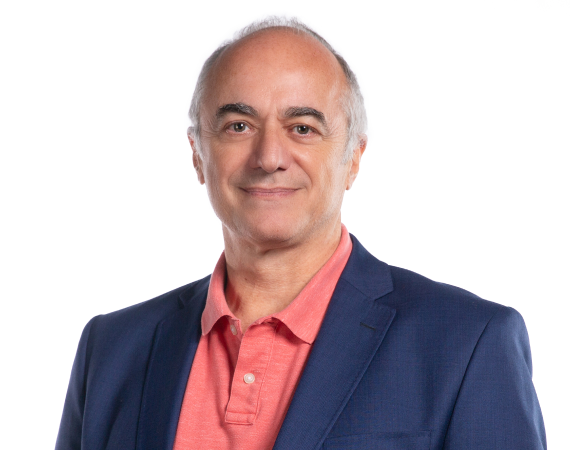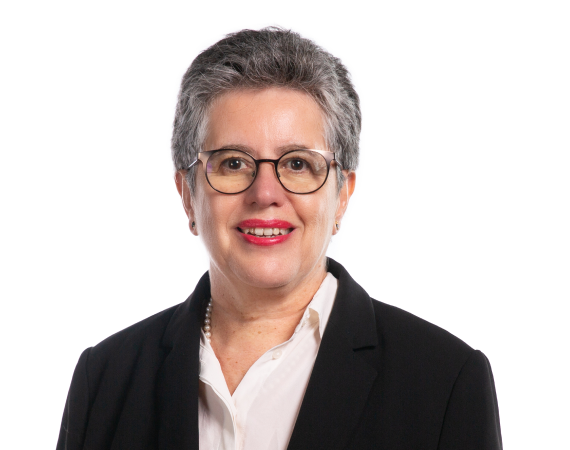
Monika Chodasiewicz
Monika Chodasiewicz is an assistant professor of plant science at the Center for Desert Agriculture.

Chodasiewicz’s career path was not always geared towards science; she was almost a professional handball player.
Monika Chodasiewicz is surrounded by many cultures. A Polish woman married to a Colombian man whom she met in Germany, she now finds herself on the multicultural campus of KAUST in Saudi Arabia. Not surprisingly, it is also the culture she has found at the university that she finds so attractive. That, and a good many opportunities grasped along the way.
Today Chodasiewicz is an Assistant Professor of Plant Science in the Biological and Environmental Science and Engineering Division at KAUST, as well as a member of the Center for Desert Agriculture. Chodasiewicz obtained her master’s degree from the University of Szczecin, Poland, in 2010s and then went on to spend 10 years in Germany earning her PhD and conducting her postdoctoral research at the Max Planck Institute of Molecular Plant Physiology.
At the start of her career, Chodasiewicz assumed she would be taking a forensic medicine or biotech path, but her love for plants sprouted during an unexpected internship with Dr Joost van Dongen at the Max Planck Institute. Noting her potential, her supervisor encouraged further studies, which led her to enroll in the PhD program. However, upon completing her PhD, Chodasiewicz elected to change the focus of her studies and worked instead as a Postdoc on the challenge to develop techniques needed for studying small molecule-protein interactions. It was while in the group of Prof. Lothar Willmitzer, and under the supervision of Dr. Aleksandra Skirycz, that Monika developed her scientific research line.
Chodasiewicz’s career path was not always geared towards science; she was almost a professional handball player. After leaving handball, she took up CrossFit and running, and now enjoys HIIT workouts along with swimming, which are available to her in the recreation centers at KAUST.
Chodasiewicz passionately believes that supporting scientists is important, both as individuals and in their research. Chodasiewicz has been positively surprised by the support she can get from the University. From day one, she has had access to all infrastructures and machines available at KAUST. Being a starting Principal Investigator surrounded by many talented scientists to collaborate with has offered her a rare opportunity, enabling her to build a team and put her ideas to work. As she puts it, having great resources and support makes KAUST a “research resort.”


